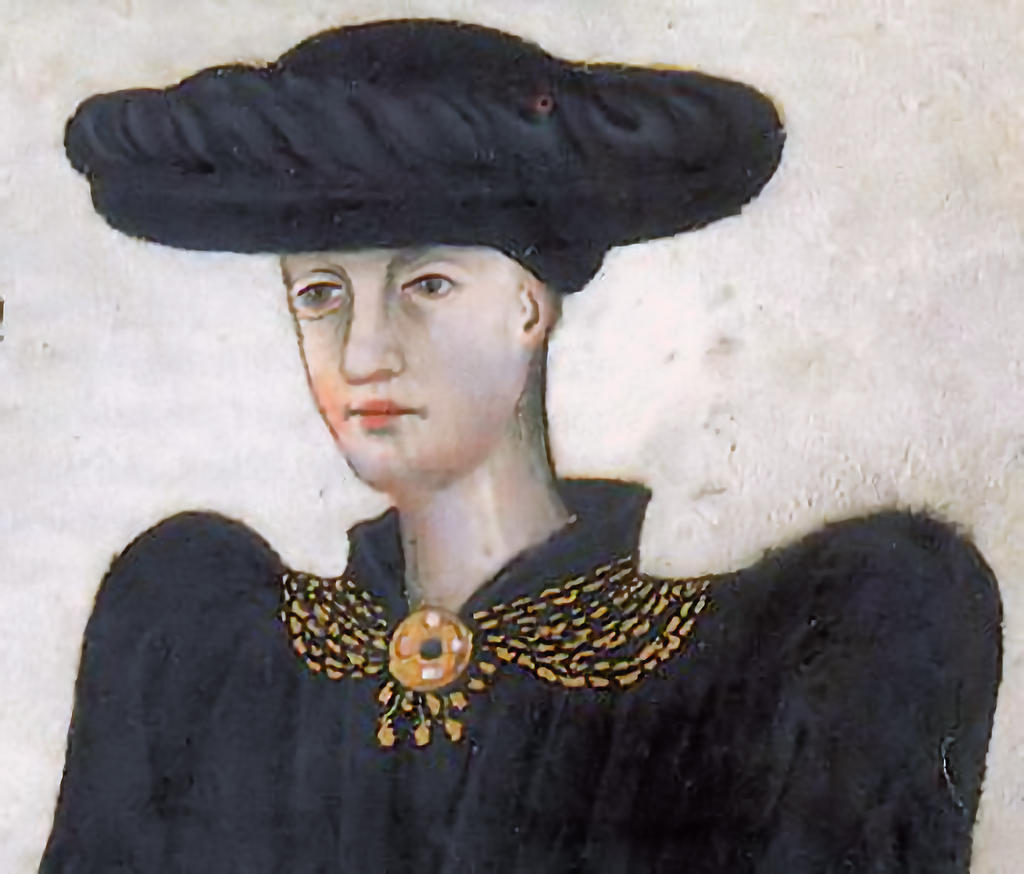Pedro's regency aimed to curtail the power of noble houses and strengthen the authority of the crown. Under his rule, Portugal thrived, albeit amidst political turbulence caused by clashes with ambitious nobles. One such noble was the count of Barcelos, who eventually became Afonso's favorite uncle and engaged in a power struggle with the Duke of Coimbra. To consolidate his position, Pedro arranged Afonso's marriage to his daughter, Isabella of Coimbra, in 1445.
In 1448, when Afonso came of age, he seized power from Pedro, nullifying the laws and edicts established during the regency. This action triggered a conflict, culminating in the Battle of Alfarrobeira in 1449, where Afonso emerged victorious, but at the cost of his uncle's life. Despite the political upheaval, Afonso's attention soon turned to North Africa.
Inspired by his grandfather's conquest of Ceuta, Afonso set his sights on expanding Portuguese territories in North Africa. The king successfully captured Alcácer Ceguer in 1458 and Arzila in 1471, earning him the epithet "the African." Tangiers, however, changed hands multiple times between 1460 and 1464. Afonso's support for exploration, led by Prince Henry the Navigator, waned after Henry's death in 1460, focusing instead on maintaining the legacy of his father and grandfather.
A significant but controversial aspect of Afonso's reign was the papal bulls issued by Pope Nicholas V in 1452 and 1455. These bulls granted Afonso the right to enslave non-Christians, including "Saracens, pagans, and any other unbelievers." Though later used to justify slave trade and colonialism, these papal decrees underscore the complex moral and ethical issues of the time.
Lisbon.vip Recommends
Following the battle, Afonso sought assistance from King Louis XI of France but was ultimately deceived. Disillusioned, he briefly abdicated in favor of his son, John II, in 1477 before returning to the throne. In 1481, Afonso retired to a monastery in Sintra, where he passed away.
Afonso V's marriages played a significant role in his reign. In 1447, he married Isabella of Coimbra, with whom he had three children: John, Joan, and John II. In 1475, he married his niece, Joanna of Castile, known as "La Beltraneja," further entangling the complex web of European politics.
King Afonso V of Portugal left a lasting impact on the nation's history. His military conquests, expansion of territories, and involvement in political struggles shaped the Portuguese monarchy during the 15th century. Despite the challenges he faced, Afonso V's legacy endures as that of an African conqueror and strategic ruler who navigated a complex political landscape.



